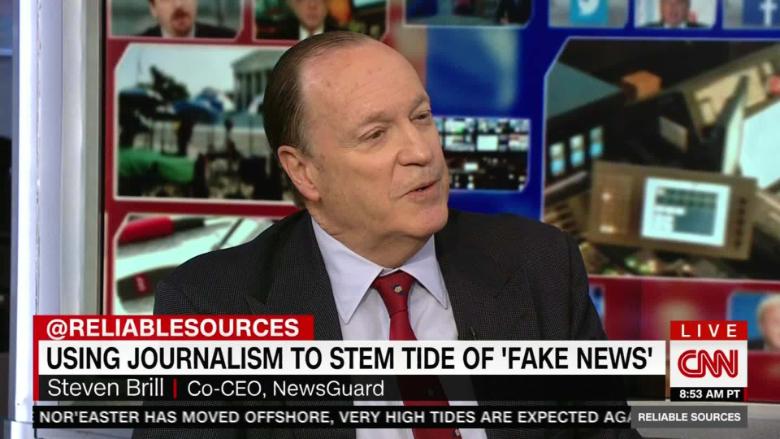J
JulianN
Guest
Well, as we’ve seen quite often, words matter.
The problem with this headline is not that it shows normal human bias, it’s that it is sensational (what they use to call “yellow”), inflammatory , and prejudiced.‘It Is Not a Closet. It Is a Cage.’ Gay Catholic Priests Speak Out
The crisis over sexuality in the Catholic Church goes beyond abuse. It goes to the heart of the priesthood, into a closet that is trapping thousands of men.

That is well expressed. It addresses the idolization of sexuality. Some call if the deification of sexuality:Jennifer Fitz writes,
Dear Gay Catholic Priests
https://www.patheos.com/blogs/jenniferfitz/2019/02/dear-gay-catholic-priests/
@KJW5551 just a note since apparently one priests blog opinion is taken as legitimizing the trend this OP falls within.KJW5551:
OK, but I thought that Father James Martin, S.J. says that this is a wise, thoughtful, and well researched article. This was from a Fr Z blog:This is what slander looks like; this article is baseless from the very beginning and should be retracted.
[http://wdtprs.com/blog/2019/02/the-rome-summit-gay-priests-and-sodoclericalism-wherein-fr-z-rants/ ]
I think we know the answers to most of these questions.We have fundamental areas of discussion. Are there a disproportionate number of homosexual priests compared to society? If so, why is that a matter of concern other than that being a Cross to bear as a Catholic? Is the abuse by Priests greater in the Church than mainstream society? What criteria for comparison are we utilizing?
Per Pope Francis, as we are dealing with spiritual salvation via an institution, abuse by any form of a Church official is a serious issue.
However, the Church remains a positive exemplar in many peoples’ lives. With the same logic as the critiques, does that mean everyone in society should join Our Church, because it is such a positive force for many?
And at the same time, we have the strange intransigence that won’t even consider the married priesthood, which is not dogmatically prohibited, but rather a legal discipline (canon lawyers, have at it).Yes, there are a disproportionate number of gay men in the priesthood. In my opinion, that is a concern only in that the way the Church has dealt with that fact, and with sexuality in general, has contributed to the various scandals, crises and hypocrisies in the Church.
Unfortunately, I am coming to the reluctant conclusion that the two issues (the disproportionate number of gay men in Church leadership, and the reluctance to return to a married priesthood) are connected.And at the same time, we have the strange intransigence that won’t even consider the married priesthood, which is not dogmatically prohibited, but rather a legal discipline (canon lawyers, have at it).
The system is demgraphically skewed in the way you observe, but if you even mention the married priesthood you are in heterodox hell.
Makes no sense. We look at every other option but that one that really makes sense.
Do we, now?I think we know the answers to most of these questions.
You are saying a higher percentage of gay priests exist than secular gay men?Yes, there are a disproportionate number of gay men in the priesthood. In my opinion, that is a concern only in that the way the Church has dealt with that fact, and with sexuality in general, has contributed to the various scandals, crises and hypocrisies in the Church.
Far from it. The recent #metoo movement showcases the societal epidemic of global abuse.Yes, it appears the abuse in the Church is greater than it is in mainstream society. More importantly, the Church has been more reticent to deal with that abuse, and more accepting of abuse by clerics in general.
How do we fix it as Catholics? What would cure the victims and abusers?The real questions to ask are first, what are we going to do about it? Not just the Church’s leaders, but all of us. Second, why is this the case? The second is important mostly because we may need to answer it to properly address the issue.
I nor my Priest ever blamed victims and never treated those abused without the deepest concern for their healing and well being.Its way past time to stop blaming those that are reporting the problems (even if they are not always perfect) and start dealing with the actual problem.
We can say this about any person’s sin.I think that to the extent there are still Catholics that do not think the Church has a serious problem (or that the Church is better or at least not worse than the rest of society) they are either ill informed or kidding themselves.
An example of this would be? What will you personally do to ensure this is implemented?real reform and real transparency.
Today is a new day. What will you do before the day’s end to help bring resolution to the abuse crisis?The laity needs to step up and demand answers and actions. Nothing else will work, in my opinion.

Simply put, total clerical control of the Church must end. Every parish should have a council made up of lay members, and that council should control the parish finances, and have meaningful (name removed by moderator)ut into all personnel decisions. Those councils should have the authority to see everything going on in the parish, including looking into any and all complaints and accusations. A similar body should exist at the diocese. Although that will not solve all the problems, that would be a good start. If nothing else, it may help get the problems out into the light where they belong. The Church has been hiding its various issues and problems from the laity - the Body of the Church - for far too long.An example of this would be? What will you personally do to ensure this is implemented?
